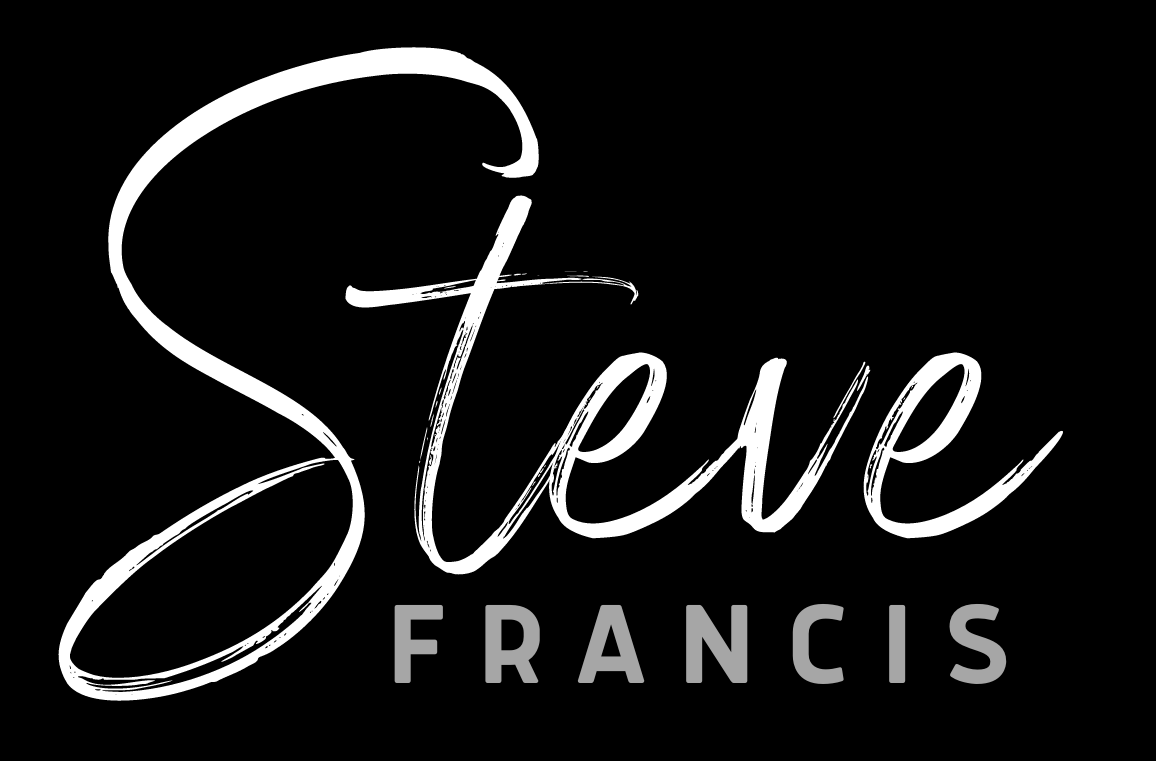In his acclaimed book, “The Third Space”, Dr Adam Fraser advocates the benefits of regularly reflecting on what we have achieved. The concept aligns well with the gratitude movement. Research shows that it is beneficial to our mental health to reflect at the end of the day and identify three things we are grateful for.
Positive psychology is about focusing on what is already going well and simply making it better rather than focusing solely on trying to fix what is wrong.
I believe that as educators we find this harder to do than other professions because we are always on the lookout for problems. Students that are having difficulty learning. Students with challenging behaviours. Students that need additional support or modification to their program. The first stage of fixing a problem is often to identify what the actual problem is. Our profession makes us almost hard wired to be negative.
Dr Fraser recommends adding in a regular reflection on “What Went Well?”, perhaps weekly, in team meetings. The focus is on consistently looking at what you are doing well and understanding why it went well so that you can repeat the behaviour.
The recommended rules for the weekly get togethers in small teams are:-
- It is a place of no judgement
- They are able to give feedback without fear of persecution
- They cannot complain about a situation without focusing on a solution.
- The focus on what they are doing well.
As I read the recommendation I immediately thought of some of the cynics that I had worked with and what they would say to introducing “What Went Well?” conversations. In the next paragraph, Dr Fraser reports that “the best teams embrace and love doing the ‘what went well’. They see value in it and see how it drives performance. The dysfunctional, cynical teams do not. Yet every team that embraces this technique always sees an improvement in culture.”
Too often we dismiss potentially beneficial strategies to appease or avoid provoking a reaction from our ‘high maintenance’ staff. Instead, we should consider what our superstars would think about the approach.
How would “What Went Well?” Conversations go in your school?

